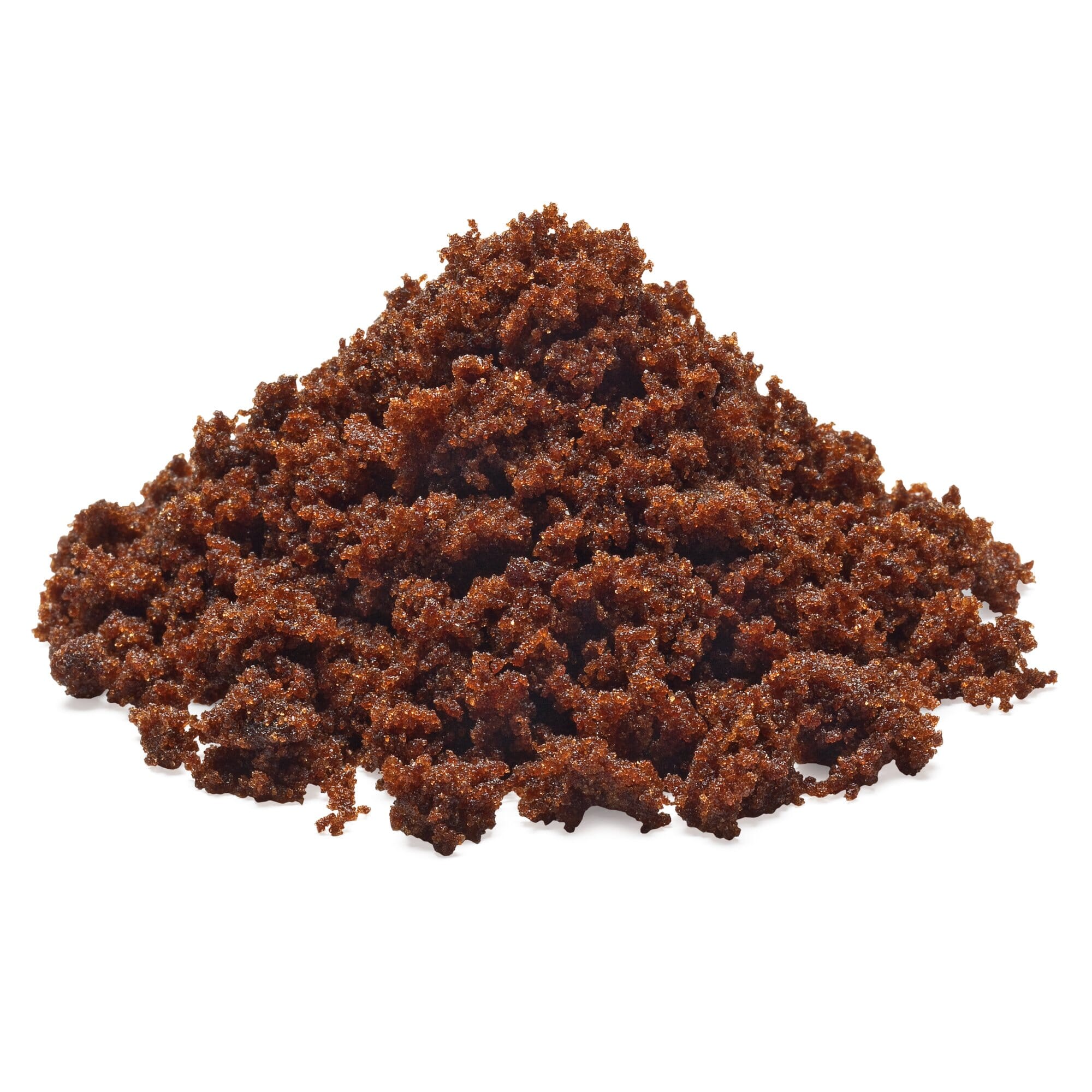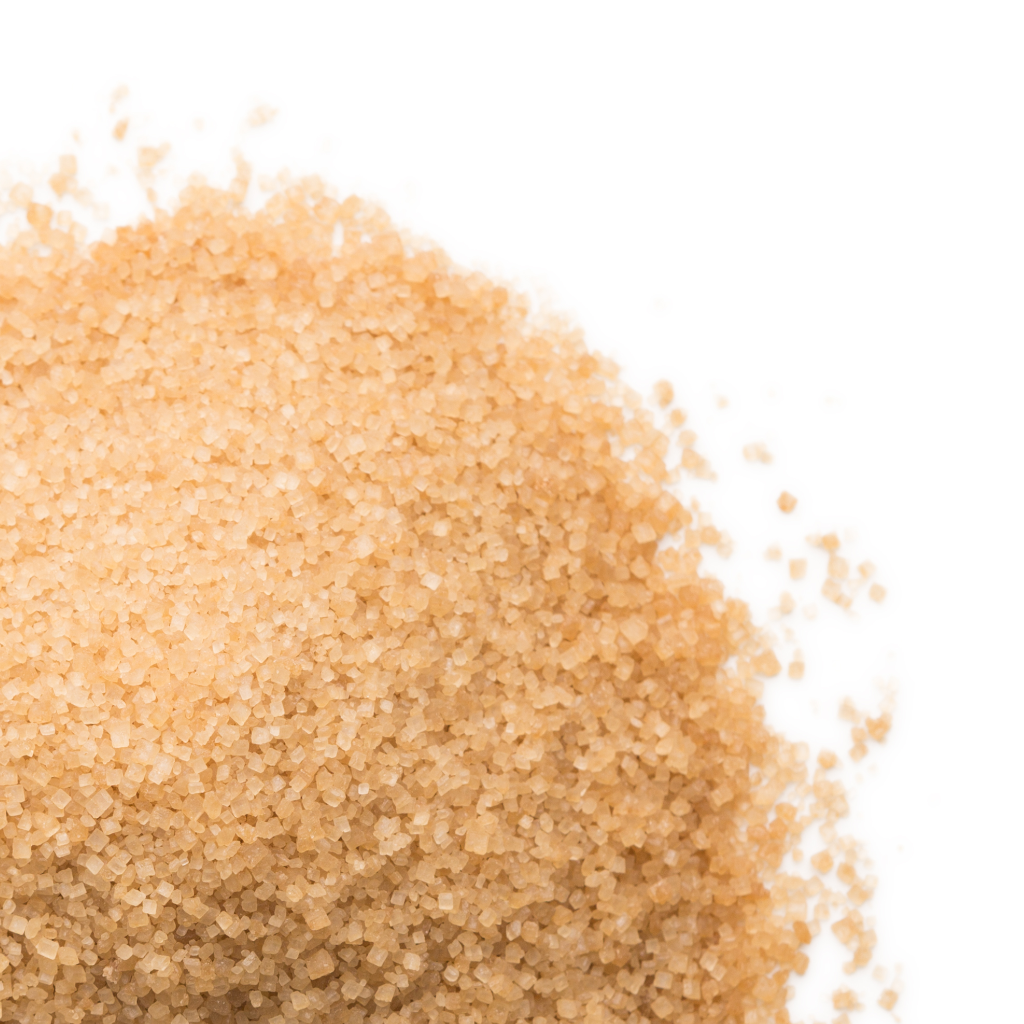A Comprehensive Review of the Health and Economic Effects of Walking Stick Sugar Processing on Local Areas
Walking cane sugar processing plays a crucial duty in shaping the financial landscape of regional communities, providing job opportunity and promoting supplementary industries. However, the health and wellness ramifications connected with high sugar consumption can not be overlooked, as they contribute to climbing prices of weight problems and diabetes. This nuanced vibrant welcomes an essential evaluation of how neighborhoods can enhance financial gains while resolving the pushing health difficulties they deal with. The expedition of academic efforts and lasting techniques may just hold the trick to fixing up these contrasting rate of interests. What techniques might neighborhoods execute to attain this balance?
Economic Benefits of Walking Stick Sugar Processing
Walking cane sugar processing provides significant financial benefits that expand past the instant farming market. The farming and processing of sugarcane create many work opportunities, from farming to production and circulation. This work generation not only sustains neighborhood economies yet also cultivates community advancement by giving steady income sources for family members.
Additionally, the sugar industry boosts ancillary businesses, including transport, tools supply, and packaging services (Cane Sugar Processing). As these markets expand, they add to an extra durable financial framework, boosting total neighborhood resilience. The export capacity of refined cane sugar additionally amplifies financial benefits, positioning regions as competitive players in worldwide markets
Financial investment in contemporary processing centers can bring about enhanced efficiency and performance, therefore decreasing waste and maximizing source usage. This shift not just profits the regional economic climate but additionally supports sustainability efforts by decreasing ecological influences.
Additionally, the profits generated from cane sugar handling can be reinvested in local infrastructure, education, and healthcare, advertising all natural neighborhood development. Overall, the economic benefits of cane sugar processing are complex, providing a structure for withstanding success in agricultural regions.
Wellness Risks Connected With Sugar Intake
Excessive sugar consumption poses considerable wellness risks that warrant serious attention. High consumption of added sugars, particularly from refined foods and drinks, has actually been connected to various wellness problems. One of the most pressing problems is obesity, as sugary diet regimens add to an increased calorie consumption without providing essential nutrients. This unwanted can result in metabolic disorders, consisting of kind 2 diabetes mellitus, which has come to be increasingly common in both adults and kids - Cane Sugar Processing.
In addition, high sugar usage is related to heart disease. Raised blood sugar level degrees can cause insulin resistance, a precursor to numerous heart-related concerns. Furthermore, sugar can have damaging effects on dental health and wellness, resulting in tooth cavities and gum disease, as germs in the mouth grow on sugar, generating acids that deteriorate tooth enamel.
Additionally, arising research study recommends a possible web link in between high sugar consumption and mental wellness conditions, such as anxiety and anxiety. As communities come to grips with these health and wellness dangers, it becomes vital to promote understanding and encourage much healthier nutritional selections. Attending to sugar intake is critical not only for private health but likewise for the total wellness of neighborhood communities, stressing the need for comprehensive public health methods.
Ecological Influences of Sugar Production
Frequently overlooked in conversations regarding sugar's effects is the substantial ecological impact of sugar manufacturing. The farming of sugarcane frequently necessitates substantial land usage, causing logging, loss of biodiversity, and disruption of regional ecosystems. The conversion of woodlands and wetlands right into sugar ranches can result in environment destruction, harmful numerous varieties and modifying environmental balance.
Additionally, sugar production is resource-intensive, consuming significant amounts of water for irrigation. This can bring about depletion of neighborhood water resources, negatively affecting both agricultural techniques and community access to clean water. Furthermore, the usage of chemical fertilizers and pesticides in sugarcane farming can contribute to soil destruction and water pollution, as overflow from these chemicals goes into nearby rivers and lakes, influencing water life and human health.
The environmental footprint reaches the processing stage, where power intake and waste generation more exacerbate ecological problems. Air contamination from burning sugarcane fields, in addition to greenhouse gas discharges, add to climate modification. Thus, the environmental implications of sugar production warrant serious factor to consider, urging stakeholders to take on even more sustainable practices to mitigate these unfavorable results on local environments and neighborhoods.
Job Production and Area Advancement
The ecological difficulties positioned by sugar manufacturing are often counterbalanced by its capacity for financial advantages, especially in work development and area development. The walking stick sugar industry offers as a considerable resource of employment in many country areas, providing work across various ability degrees, from farming labor to handling and distribution roles. This work not only sustains specific families yet likewise adds to the general economic vigor of regional neighborhoods.
Moreover, the establishment of sugar processing centers promotes ancillary businesses, such as transportation services, equipment supply, and upkeep carriers. As these companies flourish, they produce added tasks and reinforce neighborhood economic climates. The profits generated from the sugar industry additionally leads to enhanced tax earnings, which can be reinvested into community services such as education, Your Domain Name infrastructure, and healthcare advancement.
Moreover, the sugar market often participates in neighborhood advancement initiatives, such as sustaining neighborhood colleges and health and wellness programs, thereby boosting the high quality of life for residents. By promoting solid neighborhood connections and advertising financial development, the click walking cane sugar processing industry plays a vital duty in uplifting regional populations, making it an important part of lasting development methods in sugar-producing regions.
Harmonizing Wellness and Economic Growth
In navigating the intricacies of walking stick sugar handling, an important difficulty depends on balancing health considerations with economic development. The sugar market substantially adds to regional economies by creating jobs, promoting relevant industries, and enhancing tax obligation incomes. However, the health and wellness effects connected with excessive sugar usage can lead to persistent illness such as excessive weight, diabetes mellitus, and cardio problems, which can worry public wellness systems and reduce labor force performance.

Furthermore, regulatory structures can play a pivotal role in guiding industry practices towards more health-conscious and sustainable techniques. By cultivating collaboration between federal government bodies, health and wellness companies, and the sugar industry, neighborhoods can navigate the duality of wellness and economic growth, guaranteeing that the advantages of walking stick sugar processing are equitably shared while prioritizing public look at these guys health.
Final Thought
Finally, the processing of walking stick sugar offers both considerable financial advantages and noteworthy health and wellness threats for local communities. While it fosters work creation and stimulates local development, the involved wellness problems, particularly pertaining to weight problems and diabetes, demand a careful harmonizing act. By promoting accountable consumption and investing in area education and lasting methods, it is feasible to make best use of financial advantages while lessening negative wellness impacts, consequently guaranteeing a much healthier future for local populations.
In addition, sugar can have harmful results on oral health and wellness, resulting in tooth cavities and periodontal disease, as germs in the mouth prosper on sugar, generating acids that erode tooth enamel.
Dealing with sugar intake is critical not just for individual health however also for the overall health of regional areas, highlighting the demand for detailed public wellness strategies.
Regularly overlooked in conversations regarding sugar's implications is the significant ecological influence of sugar manufacturing. The wellness ramifications connected with too much sugar intake can lead to persistent conditions such as obesity, diabetes, and cardio issues, which can problem public health systems and reduce workforce efficiency.
